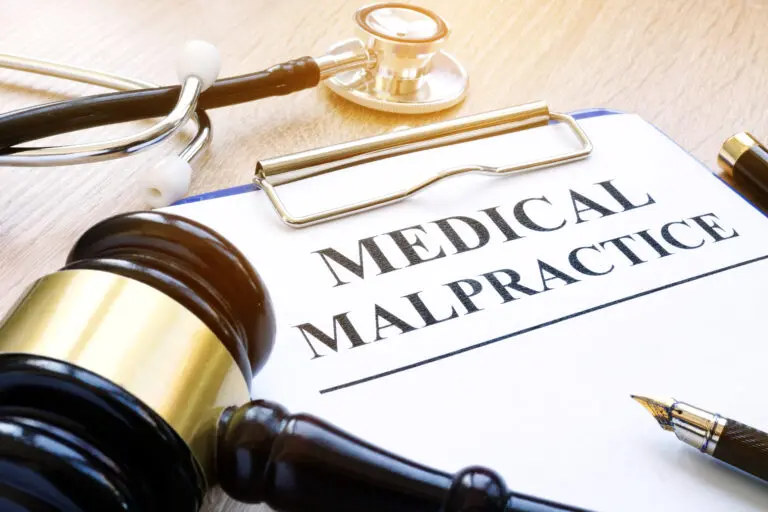Bankruptcy is a legal status that individuals or entities may enter when they are unable to repay their debts. This process provides a pathway for debtors to gain relief from financial burdens under the protection of the law. While it can offer a fresh start for those overwhelmed by debt, declaring bankruptcy also comes with significant long-term implications, including impacts on one’s credit rating and financial standing. The process and consequences of bankruptcy are governed by specific laws that vary by jurisdiction, making it essential for debtors to navigate these proceedings with careful consideration and, often, with the guidance of a legal professional.
Understanding Bankruptcy: A Legal Lifeline
Bankruptcy isn’t just about erasing debts; it’s a complex legal procedure designed to balance the interests of debtors and creditors. It allows debtors to address their financial obligations in a manner that takes into account their capacity to pay, while also providing creditors an opportunity to recoup a portion of the owed amounts. In the United States, for instance, the Bankruptcy Code outlines several chapters of bankruptcy, each tailored to different circumstances, including Chapters 7 and 13 for individuals and Chapter 11 for businesses.
Chapter 7 Bankruptcy: Liquidation Process
Chapter 7, often referred to as liquidation bankruptcy, involves the sale of a debtor’s non-exempt assets by a bankruptcy trustee. The proceeds are then distributed to creditors. This chapter is available to both individuals and businesses but is subject to eligibility criteria, primarily based on income. For individuals overwhelmed by debt and without significant assets, Chapter 7 can provide a relatively quick path to debt relief, typically concluding within three to six months.
Chapter 13 Bankruptcy: Reorganization for Individuals
Chapter 13 bankruptcy allows individuals with a regular income to develop a plan to repay all or part of their debts over time, usually three to five years. This chapter is particularly beneficial for those seeking to avoid foreclosure on their homes, as it can stop the foreclosure process and allow debtors to catch up on missed mortgage payments through the repayment plan.
Chapter 11 Bankruptcy: Business Reorganization
Chapter 11 bankruptcy caters primarily to businesses, enabling them to continue operations while reorganizing their debts. This process is complex and can be lengthy and expensive, but it allows businesses to adjust debt obligations without ceasing operations. It can also be used by individuals, typically those whose debts exceed the limits set for Chapter 13.
The Impact of Bankruptcy
Declaring bankruptcy can significantly affect one’s credit score, making it difficult to obtain credit, buy a home, or even secure employment in some cases. The record of a bankruptcy filing can remain on a credit report for up to 10 years, although its impact may diminish over time, especially if the debtor takes steps to rebuild credit.
Bankruptcy and the Stigma
Despite the financial relief it may bring, bankruptcy still carries a stigma. Many perceive it as a failure, but it’s crucial to recognize bankruptcy as a legal tool designed to provide a second chance to those facing insurmountable debt. Education and awareness can help shift the narrative, emphasizing bankruptcy’s role in offering individuals and businesses a pathway to regain financial stability.
Navigating Bankruptcy with Legal Assistance
Given the complexities involved, navigating the bankruptcy process typically requires legal assistance. Bankruptcy attorneys can provide valuable guidance on the most suitable chapter, the filing process, and the implications of bankruptcy. They can also help protect debtors from harassment by creditors and ensure compliance with all legal requirements, making the process as smooth as possible.
El futuro del Derecho concursal
Bankruptcy law continues to evolve, with legislative changes reflecting economic realities and societal attitudes towards debt. Recent discussions have focused on reforming bankruptcy law to make the process more accessible and fair, especially for student loan debtors and small business owners affected by economic downturns.
Expanding on the intricacies of bankruptcy involves delving into specific case studies and examining real-life examples that illustrate the application and implications of bankruptcy law. These instances shed light on the practical outcomes for individuals and businesses navigating financial distress and the legal pathways available for debt relief and financial restructuring.
Case Study: The City of Detroit’s Chapter 9 Bankruptcy
One of the most notable bankruptcy filings in U.S. history is the City of Detroit’s Chapter 9 bankruptcy in 2013, the largest municipal bankruptcy filing at the time. Faced with an estimated $18-20 billion in debt and a severely diminished tax base, Detroit sought bankruptcy protection to restructure its obligations. The bankruptcy process allowed the city to negotiate with creditors, reorganize its finances, and begin the path toward fiscal recovery. This case underscores the potential of bankruptcy proceedings to provide a municipality with a fresh start by addressing insurmountable debts and restructuring financial obligations in a manner that prioritizes the long-term sustainability of public services and economic growth.
Real-Life Example: General Motors’ Chapter 11 Bankruptcy
In 2009, General Motors (GM), one of the world’s largest automakers, filed for Chapter 11 bankruptcy amid the global financial crisis. This strategic move, supported by substantial government aid, allowed GM to rapidly restructure its operations, reduce its debt, and emerge from bankruptcy as a more competitive and financially stable entity. The GM bankruptcy highlighted how Chapter 11 can serve as a vital tool for business rejuvenation, enabling companies to shed unprofitable operations, renegotiate contracts, and focus on core strengths. It also showcased the role of government intervention in facilitating the restructuring process for entities deemed too significant to fail due to their economic impact.
Important Legal Aspect: The Automatic Stay
A critical legal protection afforded by the bankruptcy process is the automatic stay, which immediately halts most creditors’ attempts to collect debts from the debtor. The automatic stay provides debtors with temporary relief from lawsuits, foreclosures, wage garnishments, and other collection activities, allowing them to focus on the bankruptcy proceedings. For example, individuals filing for Chapter 13 bankruptcy can prevent home foreclosure through the automatic stay, giving them an opportunity to catch up on missed mortgage payments via a structured repayment plan.
The Evolution of Bankruptcy Law: Student Loan Debt
A growing area of focus within bankruptcy law is the treatment of student loan debt, traditionally considered nondischargeable except under stringent “undue hardship” criteria. Recent legal debates and court cases have begun to challenge this standard, seeking more lenient interpretations that could make it easier for borrowers to discharge student loan debt in bankruptcy. These developments reflect the changing attitudes toward student debt in the context of rising education costs and the economic realities facing borrowers.
Conclusión
The examples of Detroit and GM, along with the essential function of the automatic stay and the evolving legal landscape regarding student loan debt, illustrate the multifaceted nature of bankruptcy. These cases demonstrate bankruptcy’s role not just in providing relief from debt but in facilitating strategic financial planning and economic rejuvenation. As legal standards and societal attitudes towards debt continue to evolve, bankruptcy law remains a critical area of study and practice, offering hope and a pathway to recovery for individuals and entities facing financial challenges.
Bankruptcy serves as a legal recourse for individuals and entities facing financial distress, offering a structured way to address debt while providing protection under the law. While it comes with significant consequences, bankruptcy can be a critical step towards financial recovery and stability. Understanding the nuances of bankruptcy law, the rights and obligations it entails, and the long-term implications of filing for bankruptcy is essential for anyone considering this legal pathway to debt relief.









